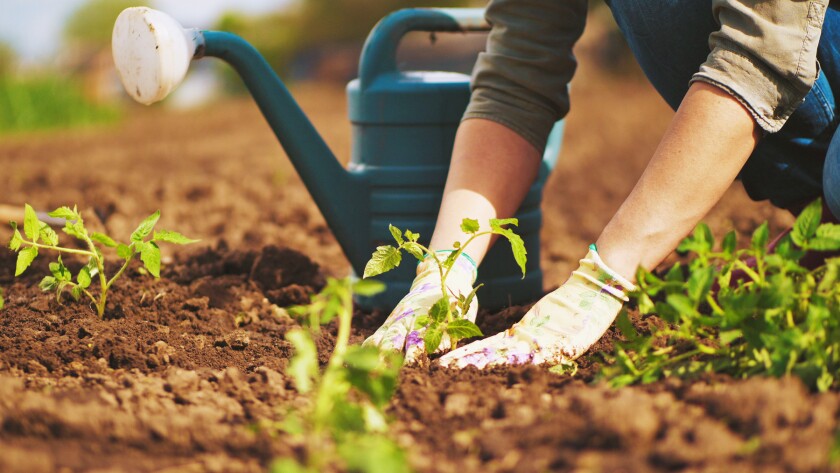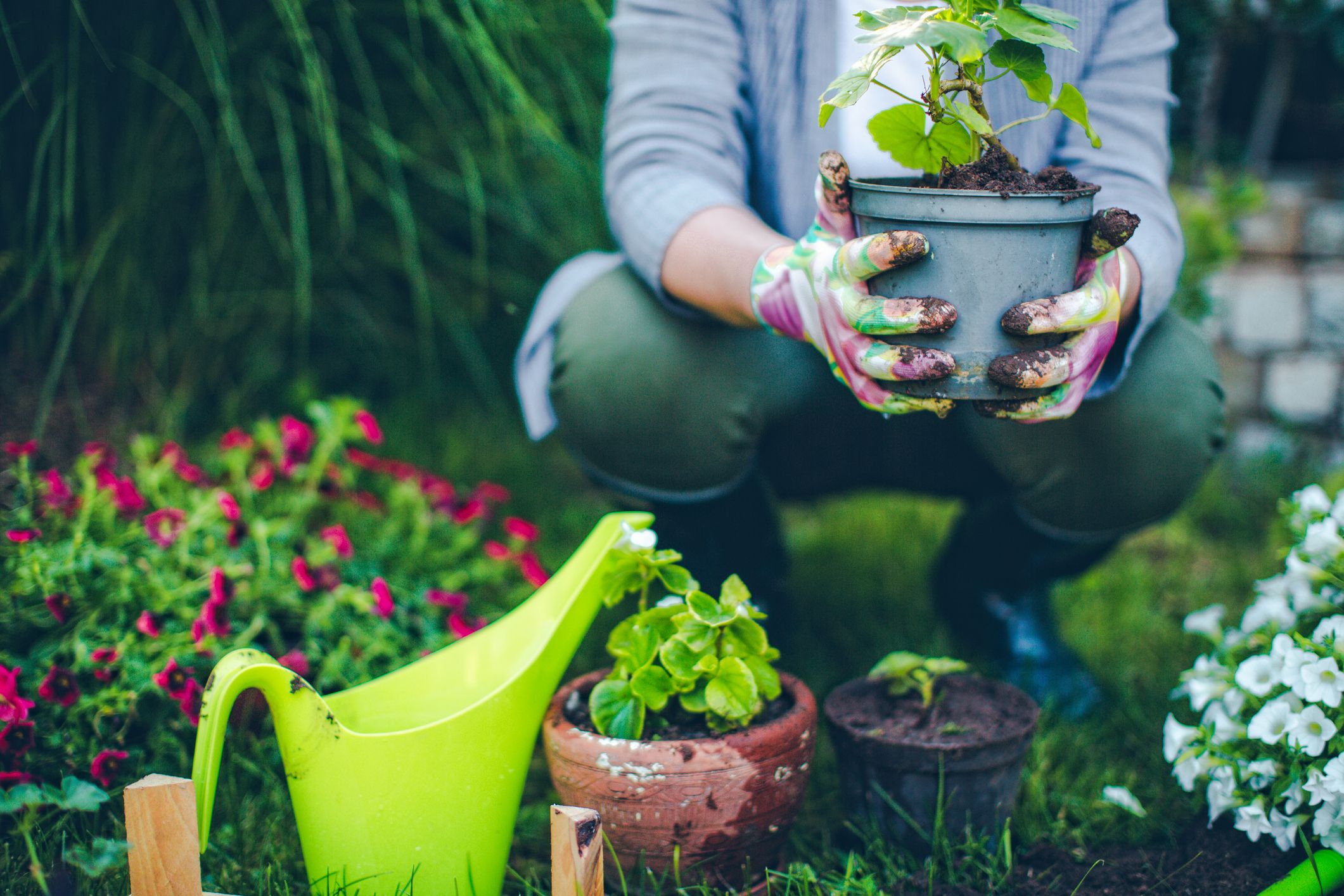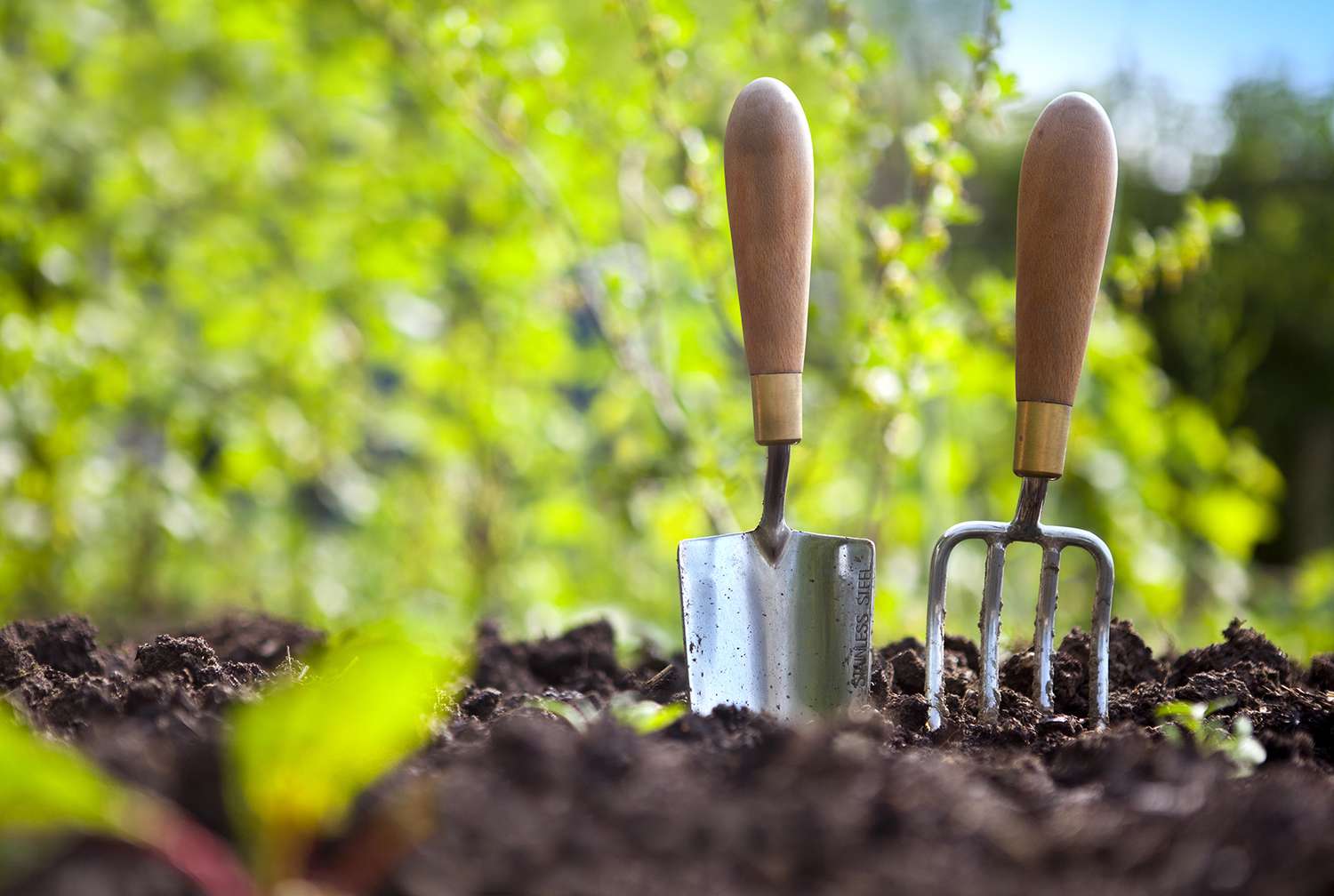Ready to start growing your own food via an organic garden? Do you know how to tart growing a garden like that? If not, no worries, this article has your back. Below are some tips and tricks that can get you started with the basics of growing an organic garden.
Take care of your containers. You do not have to spend a lot of money on containers: you can reuse common items as pots. Make sure you clean your containers thoroughly and disinfect them to avoid diseases. Drill a few holes in the bottom so that the extra water can be drained.
When you are working in your garden, you will want to have all of your tools in a convenient location. Do not waste your time looking for tools. Take the time to prepare the necessary tools, and then store them in a easily accessed place once you are done gardening. If you use lots of tools, consider using a tool belt or even just some pants that have lots of pockets.
Calculate how much water your plants truly need. Thinner plants generally need more water; they contain larger surface area with less capacity to store water. Plants with large, thick waxy leaves are often more suited for water-starved environments. Over-watering may also cause problems with the plant due to microbial growth on their roots.
Don’t harm your native critters. Some animals can naturally keep the bug population down; one such example of a good pest-predator is the bat. Bats are well-known for being bug consumers. Since your garden may sometimes look like a tasty treat to these tiny critters, having bats around can help reduce their population naturally, without the usage of harmful pesticides.
Utilize frost covers for your plants when it gets cold. Frost may cause tiny ice crystals to form in your plant and shred the natural, soft flesh of the plant. Milk jug containers and other plastics can help assist you in making a closed environment around your plant. Ideally you want to protect your plant from being exposed to the cold outside air.
When beginning your own organic garden, you should always make sure you moisten your mix that is in the containers before you sow the seeds. If your mix is not moist, it will dry out. This could cause your plant to die before it is given a chance to grow.
A great tip when starting your own organic garden is to always space your seeds in the mix as evenly as you can. If you do this, it will ensure that every single one of your seeds has an equal amount of room to grow in the most optimum way.
When maintaining an organic garden, be sure to always wind up your hoses. Dragging and storing a hose that is not wound up can take a lot of time away from you. Try using stationary or portable hose reels to wind up your hoses and to save you some time.
Any organic gardening project is immediately susceptible to fungal diseases that can rot and ruin your seeds or seedlings before they even have a chance to grow. In order to prevent this, you should use sphagnum moss which acts as a natural fungicide. When your seeds are planted into the soil, apply the moss immediately after planting. On the other hand, if your seeds are exposed to sunlight, you should apply the moss first, and then deposit the seeds on the moss. You only need to use a sprinkle of moss.
With the previous tips kept in mind, you ought to be ready to start growing your own organic food. It does take some research, hard work outside, and some patience, but if you keep at it, it is indeed possible to have a successful organic garden. So, get out there and grow!


